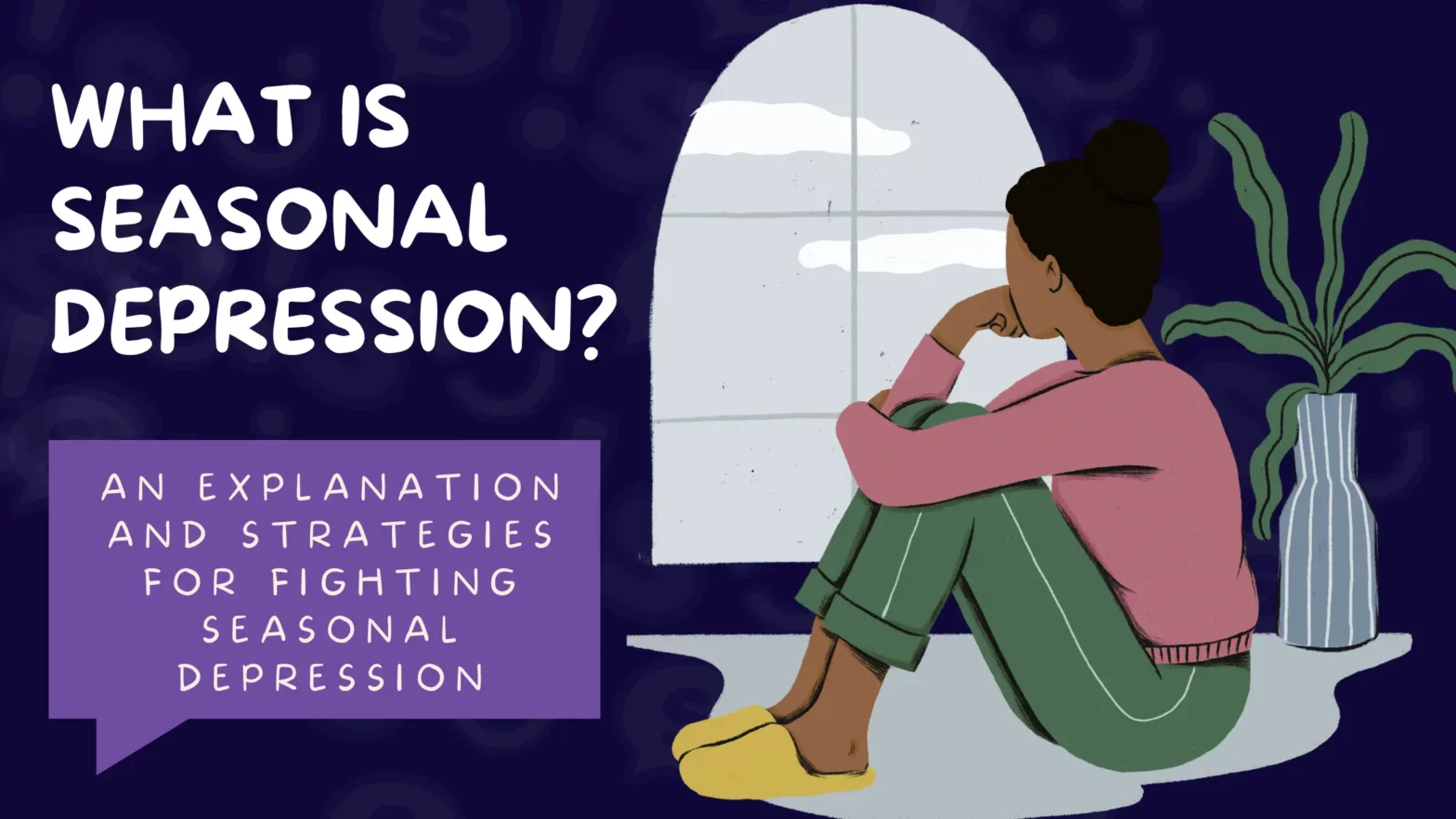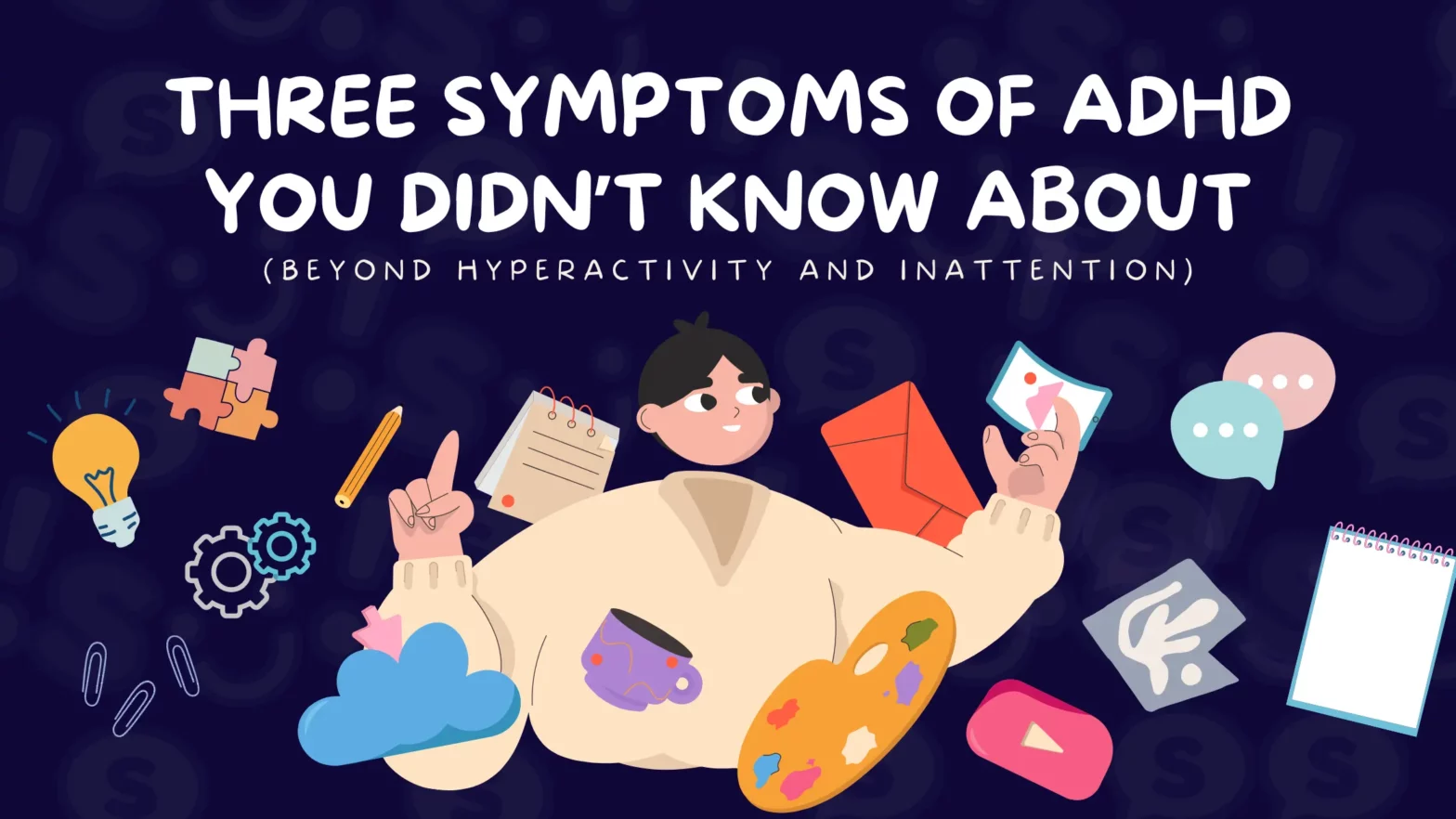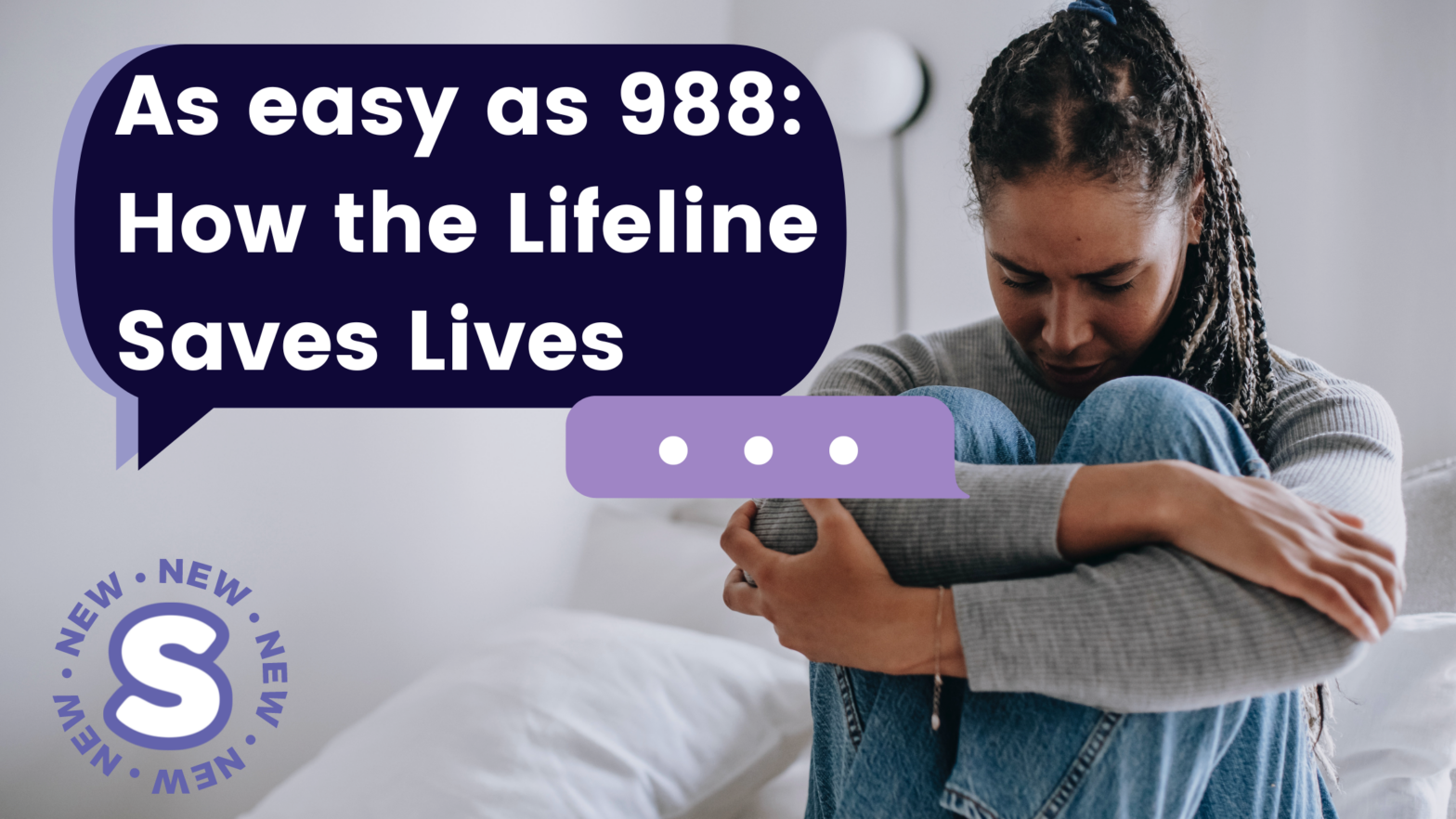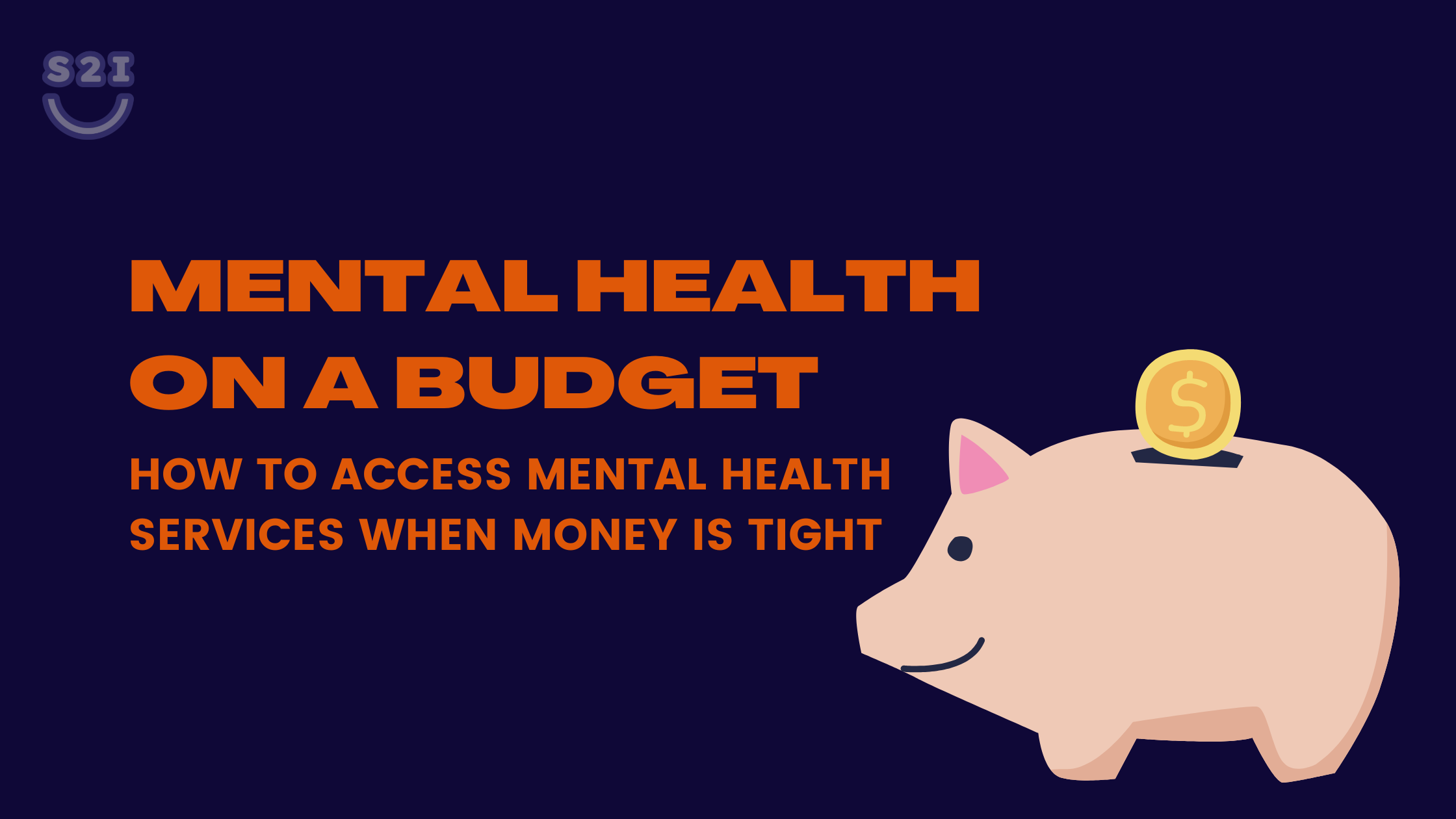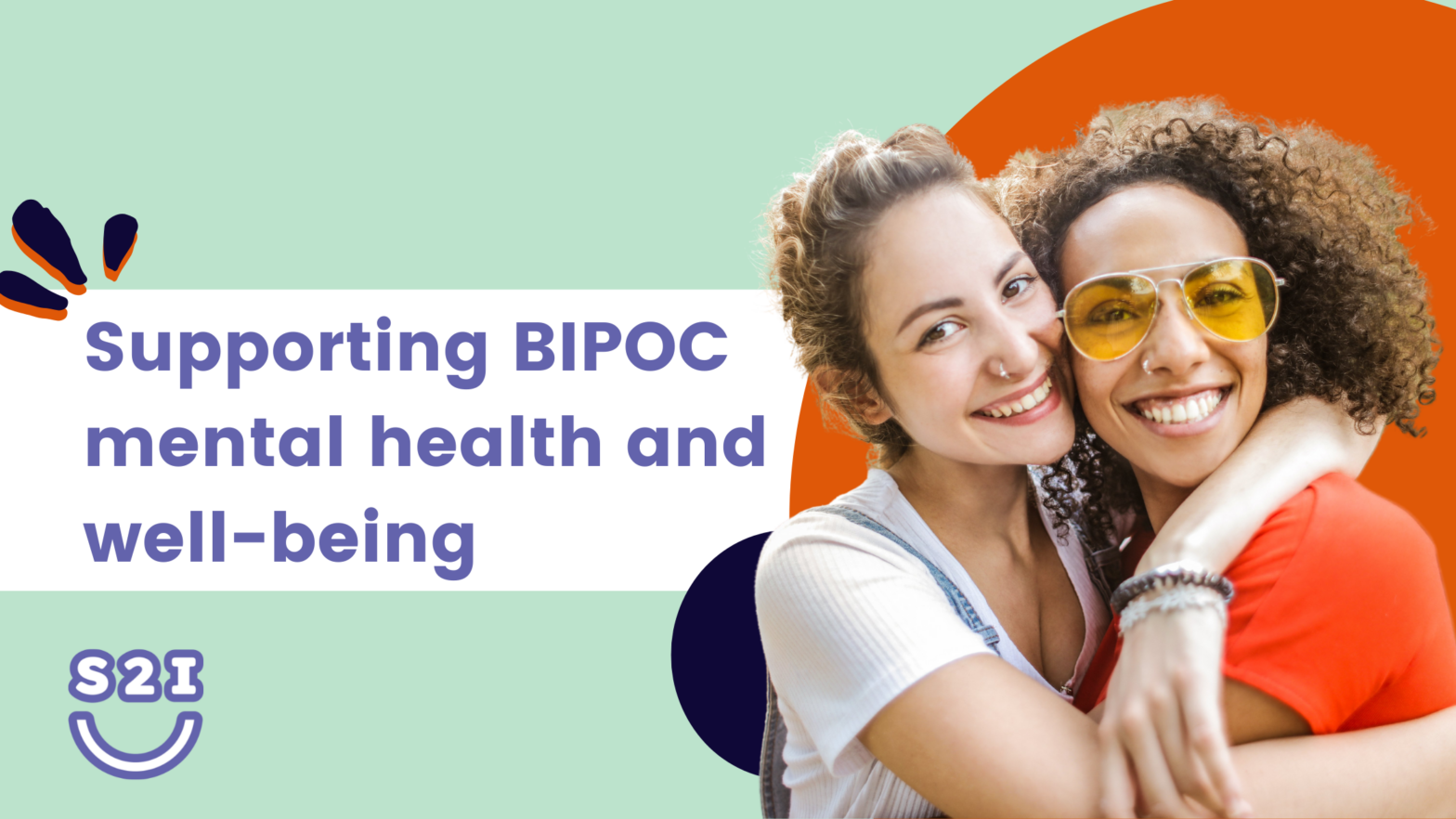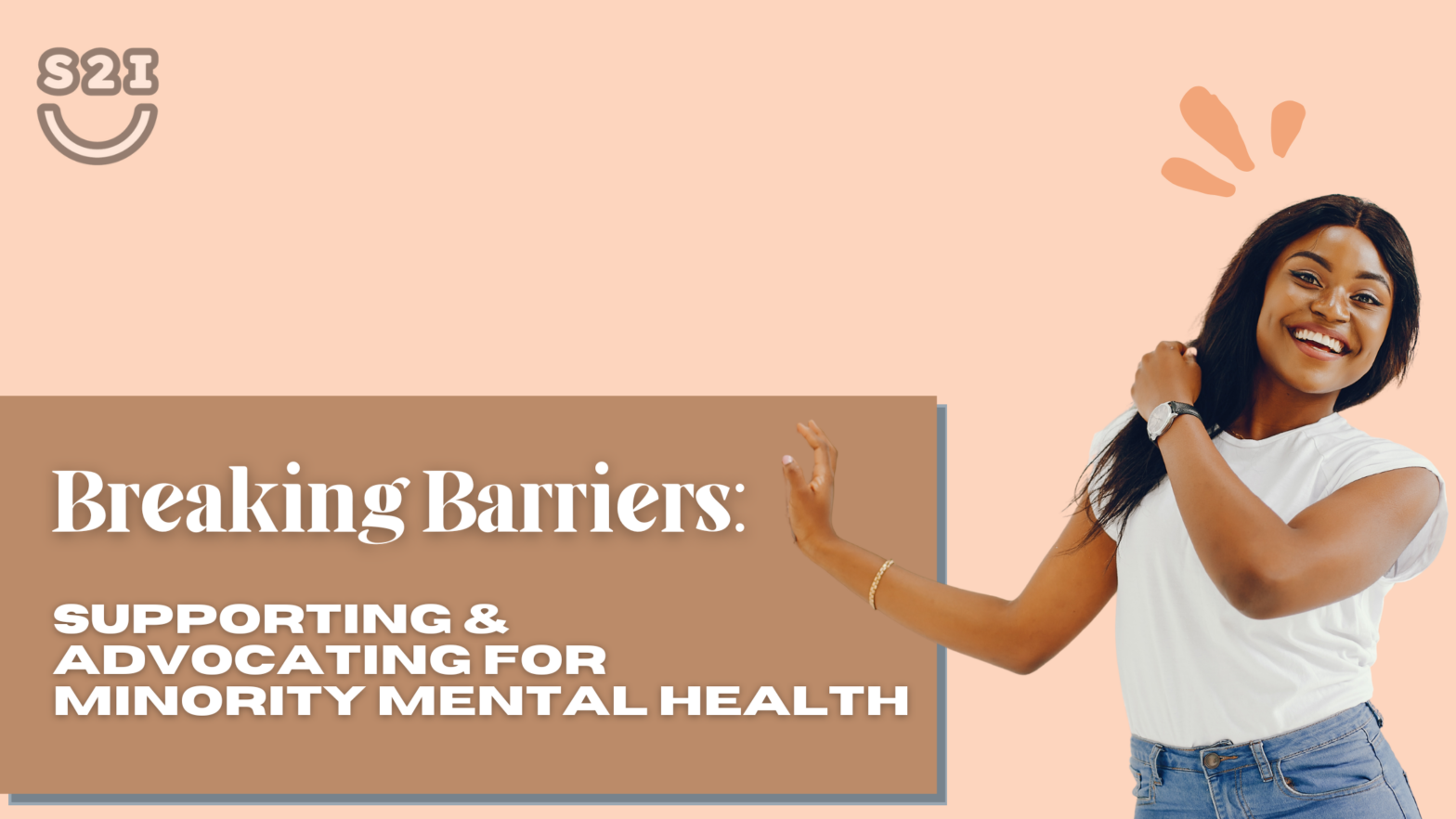This blog was written by Mandi DeLong, a Student Writer at Speaks 2 Inspire: Was this post valuable? Share it on your social media platform! Connect with us! Linkedin Instagram Facebook Envelope
What Is Seasonal Depression? Strategies to cope with seasonal depression.
